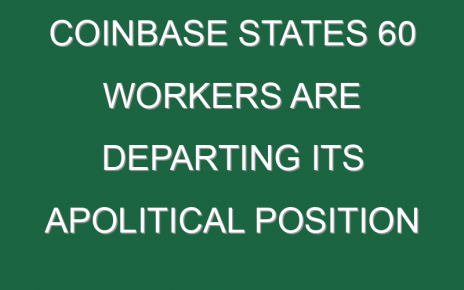This is the web version of Data Sheet, a daily newsletter on the business of tech. Sign up to get it delivered free to your inbox.
Sometimes the Super Bowl is an action-packed battle. Sometimes, like last night, it’s pretty much a snoozer, with one team dominating the other. But there’s always the commercials for entertainment. It’s maybe the one time of year I’m not hitting the Tivo fast-forward button during every ad break.
In recent years, the rise of Big Tech has led to a bevy of memorable multimillion dollar spots in the big game.
Two years ago, Microsoft had a heart-rending ad showing disabled children using its adaptive Xbox controller and Google also had me near tears with its ad showing the power of its realtime translation app. Amazon had a funny one about the products that didn’t make the cut that year, too.
Last year, Amazon featured Ellen DeGeneres and Portia de Rossi in a pre-Alexa world, Microsoft took us behind the scenes with ground-breaking female NFL coach Katie Sowers, and Google again jerked the most tears with a spot about a man using its service to remember his wife Loretta. Facebook also debuted its first-ever Super Bowl ad, with Sylvester Stallone and Chris Rock highlighting the diverse offerings of Facebook Groups.
This year? 


Google, Microsoft, and Facebook sat out. Apple was, as usual, also absent. And Amazon’s very attractive ad with Michael B. Jordan, released ahead of the game, didn’t run until late in the fourth quarter when the game was nearly over and half the audience had probably gone to bed.
Now, there could be several explanations for the absences this year. For one, many big brands including Budweiser, Coke, and Pepsi decided that the midst of an ongoing pandemic was not the time to invest in an expensive ad (though some related brands did). And maybe we’ll hear more directly from some of the tech companies if they’re asked.
But it’s also likely yet another sign that Big Tech has gone from beloved to bedeviled.
After multiple antitrust lawsuits, investigations by Congress, and a shift in public focus to bad behaviors, it was probably hard to justify running feel-good commercials that would likely be seen as cynical attempts to change the conversation. A Fortune and SurveyMonkey poll last month found 64% of Americans worried about Big Tech’s antitrust violations and 48% supporting the breakup of at least one of the companies. The problems of Big Tech in 2021 are too big and too serious to laugh (or cry) off with even the most compelling of Super Bowl ads.
On the other hand, a tech company with perhaps the worst recent publicity run—Robinhood—still ran its ad with the tag line, “We are all investors.” Investors in MEMESTONKS, I guess.
Still, that left plenty of room for smaller tech companies to crack us up. In a Gen X-meets-Gen Z piece, Uber Eats paired Wayne’s World duo Mike Myers and Dana Carvey with pop star Cardi B. Logitech had Lil Nas X saluting “the makers, the ground breakers, the creators.” And there was also the cute spot for Intuit’s TurboTax that emphasized the weird and wacky variety of tax rules in different states (do they really tax flatulence from cows in some states? What does that even mean?). And what about all those lil tech companies that squeezed in? Mercari, Fiverr, Vroom, and Dexcom ran spots. Does Oatly count as a tech company? Food tech? Will all of these companies last through next year’s Super Bowl? (2020 advertiser Quibi didn’t make it to this year’s game.)
Far from tech, there were plenty of funny and moving spots from other brands. One of my favorites was Toyota’s commercial telling the story of Paralympic swimmer Jessica Long. It was extremely moving, though nothing much to do with cars.
Ducking out of this prominent spot is one way for Big Tech to deal with its current troubles. Now the question is, will they be back for Super Bowl 2022?
Aaron Pressman
@ampressman
[email protected]


